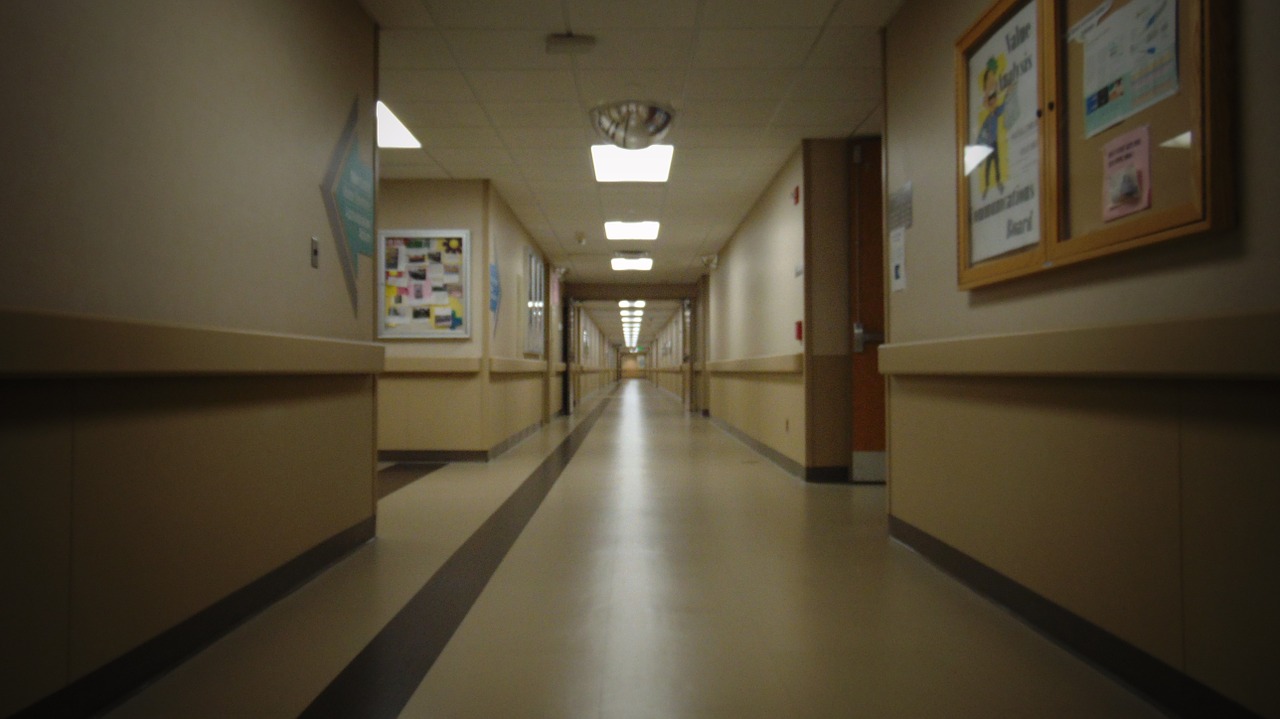Indonesia has imposed a two-week restriction to control the new wave of coronavirus in the country. The new cases are rising and the local hospitals in Jakarta, the capital city are almost full. This is a worrisome situation because if more people are infected, there is nowhere to keep and treat them.
The local police have set checkpoints to make sure that everyone especially bikers are wearing their masks. The business owners are more than confused and uncertain about what will be the future of their companies yet they urge their workers to follow the standard healthcare guidelines amid the coronavirus pandemic.
Also read- Obesity is Increasing Worldwide and is Posing Severe Health Risks
The Governor of Jakarta, Anies Baswedan made the announcements of these sanctions this Sunday and they will come into force from Monday the restrictions Sunday and they will last till Sept. 27. This period will now be treated as an emergency time to control the new wave of coronavirus in Jakarta.
All the social, religious, ethnic, economic, and even educational activities will be under a restriction. The government has announced 11 sectors as ‘essentials’ including food, housing, baking, etc. But these sectors will work under the necessary safety protocols and with nearly half of the standard staff.
All the recreational spots including schools, parks, and wedding halls will be closed. Diners and restaurants will only allow food takeaway or home delivery. Shopping malls will be open but only allow a specific number of visitors at a time on fixed hours of the day. Religious places will also be closed except those which are located in residential areas.
Previously, the government announced strict lockdown and restrictions in Jakarta that lasted till June. Eventually, these restrictions were eased with the opening of all local businesses and public events.
Although people are advised to use a face mask for their own safety, the new wave of coronavirus in the city shows that the virus is not completely vanished. After the lockdown was eased, it spread like anything ending up to send thousands of people to hospitals. The health officials report that 7 out of 67 hospitals are 100% full and 46 hospitals are over 60% full and only allow limited new admissions.
For now, it may not be a problem but if the virus continued to spread like it is already spreading, there are high chances that there will be no medical facilities available for a huge number of people.
Also read- Obesity is Increasing Worldwide and is Posing Severe Health Risks
If all of these hospitals reach to their full capacity, the Indonesian healthcare system is much likely to collapse. The death rate by coronavirus will be much higher and the infected, sick patients with no place to go will further cause the virus to spread.
This situation suggests that the rising coronavirus cases in Jakarta are no less than a local public health emergency and should be dealt with accordingly.
The statistical reports tell that out of 218,000 total cases of COVID-19 in Indonesia, nearly 54,000 were reported in Jakarta alone. Nearly 8,723 people have lost their lives to this deadly virus out of which 1,391 deaths were reported from the capital alone.


